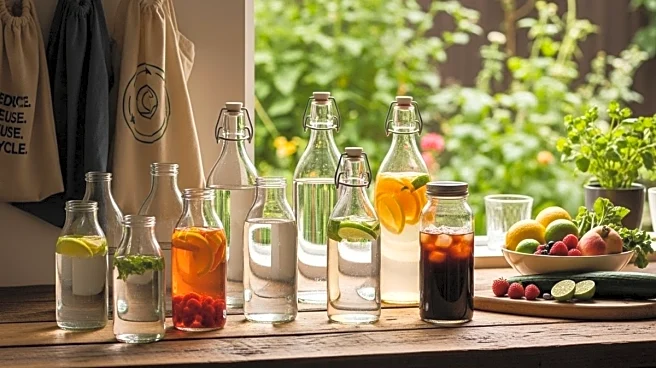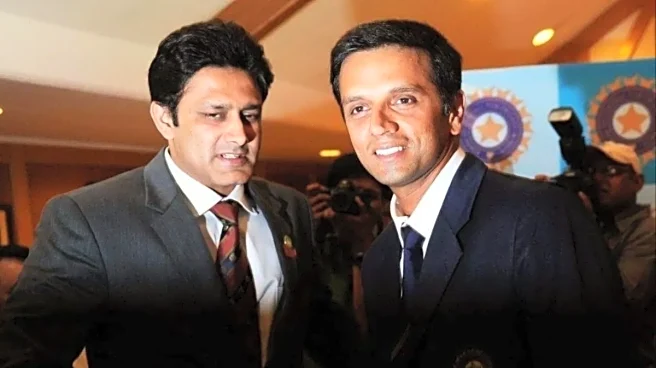Last weekend I was at a wedding in Jaipur, and unfortunately, my trusted Stanley cup couldn’t make the trip with me. I suppose it would have been wildly impractical for me to be carrying it around anyway,
since I was barely able to carry myself around in heavy Indian clothes, high heels, and a handbag that couldn’t fit my phone. While I managed to get through most of the weekend by drinking from glass bottles or occasionally asking for filtered hot water, the real dilemma struck after some dhol and dancing under the sun – I needed to hydrate after the baraat, and to my dismay, the only options available at the time were small Himalayan plastic bottles.
Somewhere between the need to quench my thirst and the guilt of contradiction, I realised something: maybe the real problem is that we’re trying too hard to be perfectly sustainable instead of just being sustainably human.
We currently live in an age of confusion and contradiction where it’s almost normal to carry cloth bags but then generate more landfill waste with impulse buys through same-day delivery or quick commerce. The internet tells us to recycle and reuse, but it also tells us to want more and buy more. How do we make the “right” decisions when it comes to sustainability without it seeming performative? The first step is awareness – awareness that convenience comes with consequences. Every product we buy, post we share, and choice we make creates a ripple in our sustainability journey. Unlike most journeys, this one doesn’t have a final destination that you “arrive” at once you’ve checked off boxes on your ethical list. Instead, it has many pit stops for moments to pause, learn, and be kinder not only to a planet that is trying to keep up with us, but also to ourselves.
As someone who has spent years building a fashion and lifestyle brand rooted in sustainable design, I’ve seen how often people, including myself, equate mindfulness to perfection. While I’ve started using new materials made from agricultural crop waste, switched to more sustainable packaging options, and championed conscious consumption through a low inventory model – I still feel a twinge of guilt for owning fast fashion pieces I bought a decade ago, before I knew better. But the point isn’t to guilt ourselves into paralysis, it’s to stay curious, ask questions, and even allow ourselves to feel conflicted. Progress isn’t linear, and neither is our consciousness.
What we need more of isn’t purity, it’s honesty – honest conversations that make sustainability feel real, not rigid. When we let go of wanting to be flawless, we make space for being better. My dogs are a daily reminder of this. They don’t overthink their food bowl, collar, or toys. They aren’t making decisions based on how they might be perceived for playing with toys that are slightly worn out or wearing the same collar every day. They live by need, not want – content with what’s enough (except when they try to guilt me into giving them more food) and never swayed by someone else’s opinion on what they should want. Free from the aesthetic pressure, noise of trends, and weight of judgement. That’s the beauty of mindful living.
Let’s normalise our version of mindfulness being messy – because perfection isn’t sustainable, but being thoughtful always is.
Juveca Panda Chheda is an entrepreneur, writer and unapologetic slow-living advocate who believes mindfulness should come with a sense of humour. Views expressed in the above piece are personal and solely those of the writer. They do not necessarily reflect News18’s views.


/images/ppid_a911dc6a-image-177103504309993710.webp)

/images/ppid_a911dc6a-image-177103508492594205.webp)




/images/ppid_59c68470-image-177102753183257032.webp)


/images/ppid_a911dc6a-image-17710264327998831.webp)
/images/ppid_a911dc6a-image-177102646607765106.webp)
